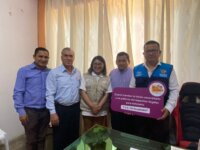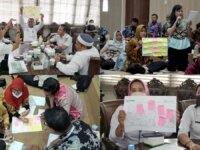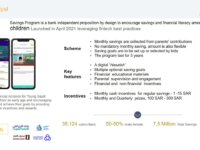Case Study
Unlocking Labour Markets: Removing Bureaucratic Barriers to Enhance Opportunities for the Young…

In 2022, INDECOPI identified that 23 universities and 10 professional associations were imposing +700 bureaucratic barriers, affecting the employment insertion of +36 thousand new professionals.
Given this, the Voluntary Elimination of Bureaucratic Barriers Programme was implemented to open regulated professional services at the subnational level.
Based on behavioral tools, INDECOPI engaged with universities and professional associations to eliminate 786 bureaucratic barriers in 17 regions.



